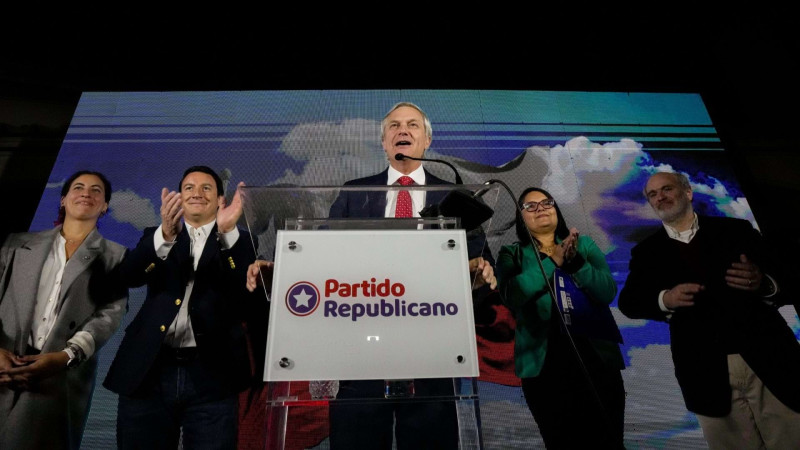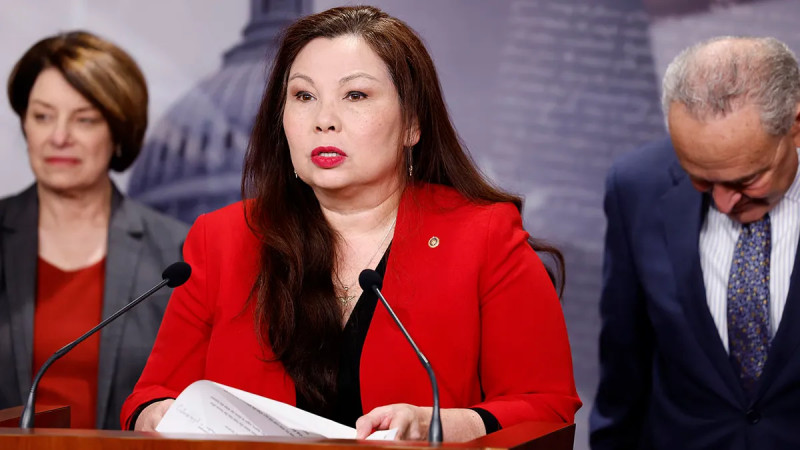Chile is in the midst of a pivotal political moment as the country holds its presidential election on November 16, 2025, marking a crucial juncture in its political landscape. The election, which coincides with the renewal of all seats in the Chamber of Deputies and half of the Senate, comes amidst a backdrop of shifting political dynamics and significant social unrest. Incumbent President Gabriel Boric, who won the 2021 election, is barred from seeking a consecutive second term, paving the way for a new leader to emerge.
The campaign period has been characterized by deep political polarization, with the first round of voting resulting in a tense runoff between Jeannette Jara of the Communist Party and Jose Antonio Kast, a leading figure on the far-right. This runoff reflects a broader struggle in Chilean society, where issues such as crime, immigration, and economic inequality have taken center stage. The election is not just about choosing a president but also about determining the future direction of Chile's legislature, which will have a profound impact on the country's policies and governance.
The political landscape in Chile has been profoundly shaped by recent social unrest, including the 2019 estallido social, a series of large-scale demonstrations that highlighted the government's perceived inaction on economic issues such as inequality, cost of living, and unemployment. These issues have continued to influence the political narrative, driving voters to demand significant change and accountability from their leaders. The election is seen as a critical test of Chile's ability to address these long-standing challenges and chart a new course for the future.
The runoff between Jara and Kast represents a stark contrast in political ideologies and visions for Chile. Jara, a former labor minister, represents the leftist coalition and advocates for progressive policies aimed at addressing social and economic inequalities. Kast, on the other hand, is a far-right politician known for his conservative stance and his admiration for former U.S. President Donald Trump. Kast's campaign has been marked by a Trump-style approach, focusing on issues such as crime and immigration, which have resonated with many voters.
As Chileans prepare to cast their votes in the runoff, the stakes could not be higher. The outcome of this election will not only determine the country's next leader but also shape the future of Chilean politics and governance. The country stands at a crossroads, and the choices made in this election will have far-reaching implications for its social, economic, and political future.



